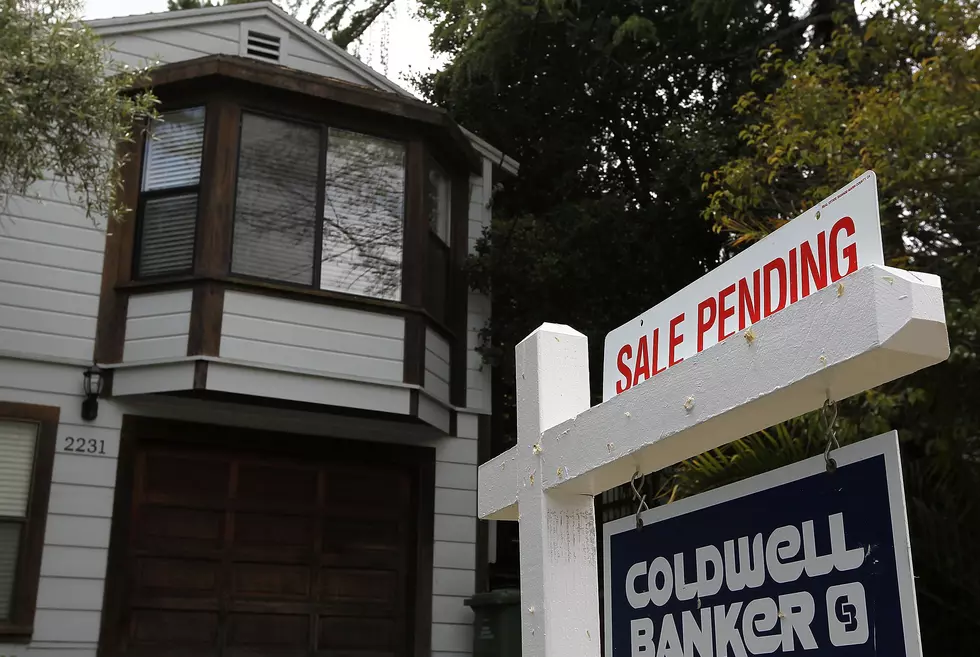
4 things to know about reverse mortgages
Reverse mortgages are designed to give older homeowners some financial breathing room in their golden years. For many New Jerseyans, though, the move has backfired, according to a new report from Stockton University's William J. Hughes Center for Public Policy.
Dr. David Carr, the report's author, analyzed New Jersey's reverse mortgage landscape over the past 10 years, and in the process, he was led to hundreds of homeowners who lost their homes as a result of carrying the loan.
"For some, a reverse mortgage is a life raft," Carr said in the report. "But it can be a life raft that might lead you into uncertain, and dangerous waters."
Simply put, a reverse mortgage allows homeowners, 62 years of age and older, to convert a portion of their home equity into cash. Instead of making monthly mortgage payments, payments actually come to you. To be eligible, the home in question must be your principal residence, and there must be no remaining mortgage balance (a balance can be covered by a reverse mortgage as well).
Carr found that nearly 29,400 reverse mortgages were approved for New Jersey residents between 2005 and 2015. During that same timeframe, 1,251 of these residents (4.3 percent) lost their home to foreclosure because of failure to meet conditions of the loan.
Carr said borrowers must follow four rules to avoid falling behind and possibly losing the loan:
- Pay property taxes in a timely fashion;
- Keep up with homeowners' insurance;
- Maintain the home; and
- The home must remain the principal residence.
"That can be a problem; maintaining the home can be a problem," Carr told New Jersey 101.5. "And how much do your property taxes go up over a 15-20 year period? That can make a big difference."
According to Carr, interest and closing costs are higher on reverse mortgages than standard home loans.
This report is not meant to attack reverse mortgages, however. After all, the numbers suggest the move may have worked for about 95 percent of New Jersey homeowners who were approved over the past 10 years.
"These things are very complex financial vehicles, so you really need to be well educated before you take them on," Carr said. "You need to understand the conditions of the loan, and that is a loan."
The report points readers to two sources for further information on reverse mortgages:
More From New Jersey 101.5 FM









